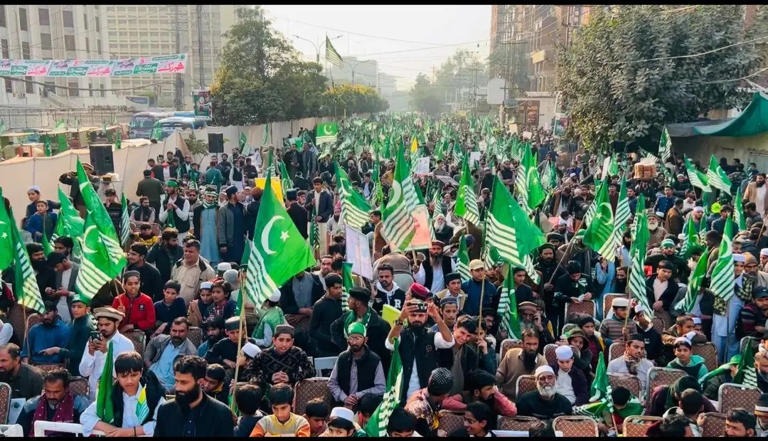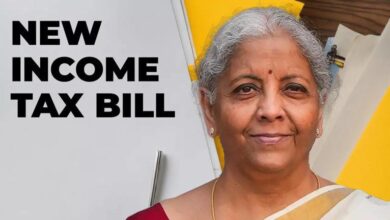
In a recent development that has further strained the already tense relations between India and Pakistan, Hafiz Talha Saeed, the son of Hafiz Mohammad Saeed, the alleged mastermind behind the 26/11 Mumbai terror attacks, has made provocative statements vowing to liberate Kashmir from Indian control and referring to Prime Minister Narendra Modi as a ‘devil’.
Hafiz Talha Saeed has been actively involved with the Lashkar-e-Taiba (LeT), a proscribed terrorist organization, and has been known to deliver sermons across Pakistan promoting jihad against India, Israel, and the United States. His recent remarks have been widely circulated, leading to condemnation from various quarters.
The Indian government has taken serious note of these developments. In April 2022, the Ministry of Home Affairs declared Hafiz Talha Saeed a designated terrorist under the Unlawful Activities (Prevention) Act (UAPA). The official notification stated that he has been actively involved in recruitment, fund collection, planning, and executing attacks by the LeT in India.
This move was part of a broader strategy by the Indian government to crack down on individuals involved in terrorism. The UAPA was amended in 2019 to allow the designation of individuals as terrorists, in addition to organizations. Following this amendment, several individuals, including Maulana Masood Azhar, Hafiz Mohammad Saeed, Zaki-ur-Rehman Lakhvi, and Dawood Ibrahim, were designated as terrorists.
The recent statements by Hafiz Talha Saeed have drawn sharp criticism from Indian political leaders. Opposition parties have accused the government of failing to diplomatically isolate individuals like Saeed and his associates. In the past, leaders have termed the release of Hafiz Mohammad Saeed from house arrest in Pakistan as a failure of the government’s foreign policy.
The international community has also been keeping a close watch on these developments. The United States has designated both Hafiz Mohammad Saeed and the LeT as global terrorists and has offered a bounty for information leading to Saeed’s arrest. Despite these designations, reports have indicated that individuals like Saeed continue to operate with a significant degree of freedom within Pakistan.
The situation in Kashmir remains a flashpoint between India and Pakistan. Both countries claim the region in full but control only parts of it. The insurgency in Indian-administered Kashmir, which began in 1989, has led to tens of thousands of deaths, including civilians, militants, and security forces.
India has consistently accused Pakistan of supporting and financing terrorist groups like the LeT to foment unrest in Kashmir, a charge that Pakistan denies. The recent statements by Hafiz Talha Saeed are likely to further complicate the already strained relations between the two nuclear-armed neighbors.
In response to these developments, security agencies in India have reportedly been placed on high alert. There are concerns that such provocative statements could incite violence or lead to attempts to infiltrate militants into Indian territory. The government has urged citizens to remain vigilant and report any suspicious activities to the authorities.
The international community has been urged to take note of these developments and press Pakistan to take concrete action against individuals and groups involved in terrorism. Analysts believe that without sustained international pressure, it is unlikely that Pakistan will take meaningful steps to curb the activities of individuals like Hafiz Talha Saeed.
As the situation continues to evolve, it remains to be seen how the Indian government will respond to these provocations and what measures will be taken to ensure the safety and security of its citizens. The statements by Hafiz Talha Saeed serve as a stark reminder of the persistent challenges that India faces in its fight against terrorism.





